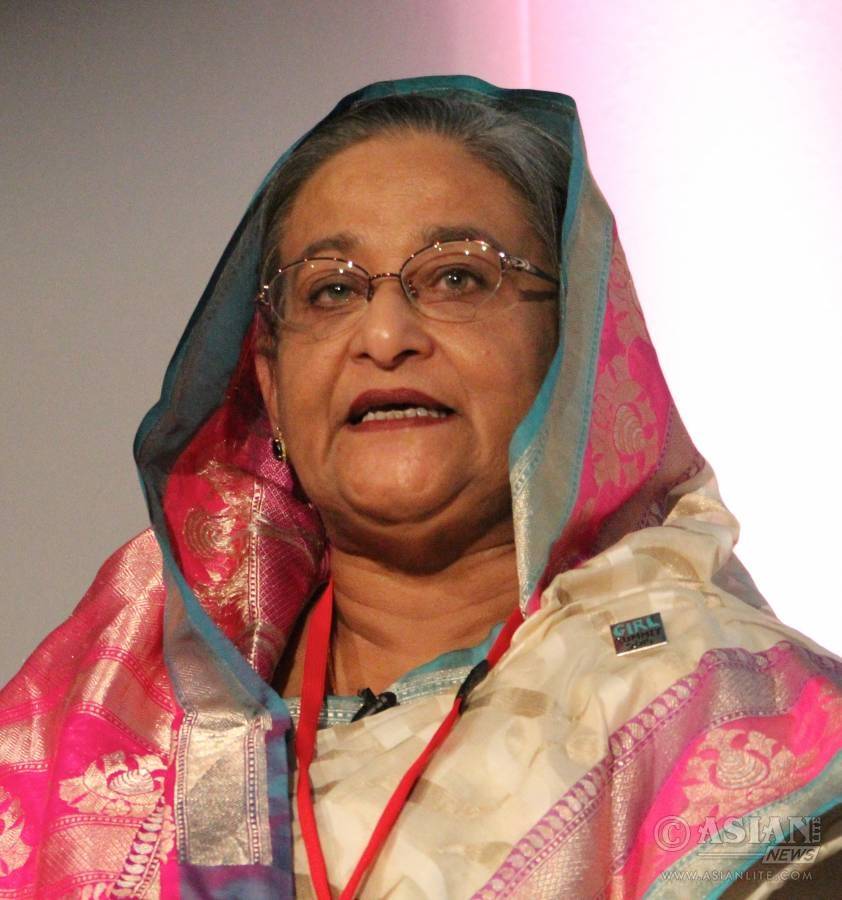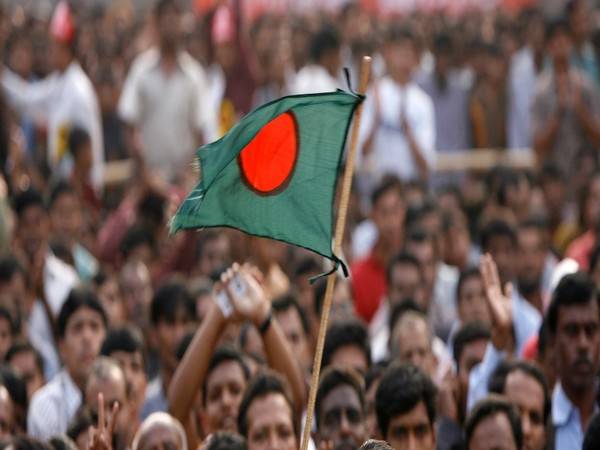The trend gathered steam when the main opposition party, the Bangladesh National Party lost the elections and blamed India for interfering in the elections. The trend was motivated by the anti-India campaign in Maldives that followed PM Modi’s efforts to boost tourism in Lakshadweep … writes Dr. Shujaat Ali Quadri
In a complex society like South Asia, which is characterized by cultural commonalities and political flashpoints at the same time, disinformation campaigns are increasingly influencing the region. Over the last decade, new regional initiatives and transit corridors are easing travel between India, Bangladesh and Southeast Asia but these efforts could be threatened if India’s neighbourhood remains gullible to online social propaganda targeting a specific nation or community. A recent online trend was in the news in Bangladesh that called for boycotting India and Indian products. Fortunately, the campaign remained limited to social media only and did not spill over to the real world as it could have undermined the bilateral relationship that is leveraging physical connectivity to develop interdependencies.
The trend gathered steam when the main opposition party, the Bangladesh National Party lost the elections and blamed India for interfering in the elections. The trend was motivated by the anti-India campaign in Maldives that followed PM Modi’s efforts to boost tourism in Lakshadweep.

In Bangladesh, both BNP and the Jamaat have a more tech-savvy cadre which also adept at trending political content with the intent to mobilize social media users on anti-India campaigns. A lesser-known fact to both Indian and Bangladeshi people is that the Jamaat has a well-knit international cadre composed of wealthy businessmen and service sector professionals in the West that fuels its manipulation machinery. Several activists mobilizing social media users against India happen to be based in the West. Their access to global newspapers, sophisticated media tools and information networks allows them to legitimize and amplify their opinions irrespective of their credibility. Such acts of intervention, wherein external forces influence domestic public opinion in Bangladesh must be scrutinized by the civil society as they interfere with the the day to day state of affairs.
The opposition parties of Bangladesh have successfully infiltrated global human rights organisations and advocacy institutions over the past decade, which gives them much-needed international legitimacy.
The Awami League, despite its successive victories, remains a party of the masses with its core support base in the rural areas of Bangladesh. One of its biggest flaws is its inability to get internationally acknowledged for its role in giving a strong foundation to the economy, its poverty eradication schemes and its commitment to integrate Bangladesh with regional supply chains and infrastructure projects.
The Jamaat/BNP circles on the other hand have tapped the urban sections that predominantly shape the national opinion due to their visibility. The city-dwelling nuclear families, youth and professionals, once disconnected from their social moorings are an easy target for ideological parties like Jamaat to build their legitimacy by convincing its followers about the flaws of democracy. Ties between BNP and Jamaat have indeed frayed over the years and the former considers the Jamaat as an institution with political baggage, their criticism of India and its regional initiatives also puts the region’s collective developmental efforts at stake. Every year, South Asia adds millions of new social media users to its population who are also the primary targets of anti-India campaigns. The content as well as the spread of this trend must be monitored and appropriate response mechanisms must be built that are youth-centric and most importantly inclusive, that is, they should be designed to engage the youth more attractively through informative and impartial content.
(The Author is the Chairman of Muslim Students Organisation of India)









